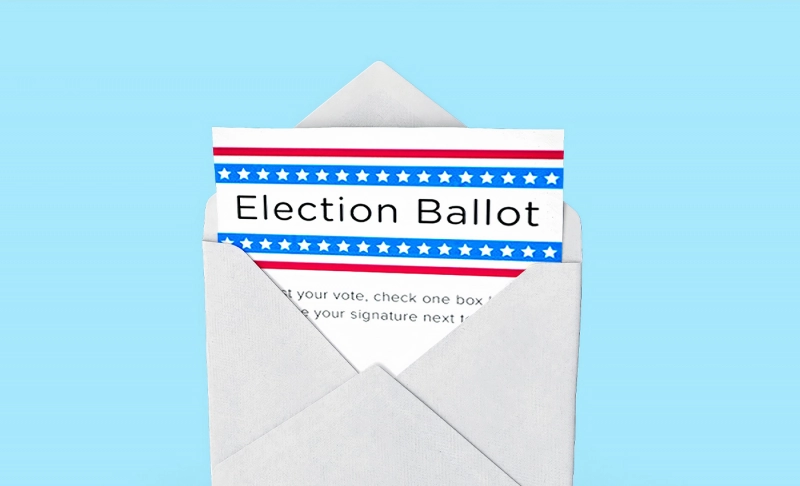By: Madhukar PB
September 4 2020

Voter fraud is very rare in the United States, and mail-in ballots will not substantially increase the risk of voter fraud.
Voter fraud is very rare in the United States, and mail-in ballots will not substantially increase the risk of voter fraud. During an interview with Fox News, U.S. Attorney General William Barr said, the incautious act by Democrats to expand mail-in voting could raise serious questions about the integrity of the election. Barr said it is grossly irresponsible, as voting is the only way through which Americans can resolve their disputes. He said that the idea of conducting elections through the mail is wrong and reckless, and sending mail lists to thousands without any request from them is scary in those addresses people no longer live. Voter fraud occurs when people cast invalid ballots, forge ballot signatures, vote under false names, or vote more than once in an election. Many states across the U.S. had policies in place which allowed voters to vote by mail before the lockdown. Five states allowed all registered voters to vote entirely by mail before the lockdown: Colorado, Hawaii, Oregon, Washington, and Utah. Moreover, there are rules around absentee voting, which vary by state. In some states, any registered voter can request an absentee ballot, regardless of their reason for why they would instead vote by mail. While other states only allow people to vote absentee if they provide a qualifying reason for why they can't make it to a designated polling station on Election Day, such as illness, physical disabilities, travel, or work. President Trump's advisory commission on election integrity spent eight months, from May 2017 to January 2018, probing claims of voter fraud and did not turn up a single confirmed instance. A Washington Post review of data from after the 2016 election found just four confirmed cases of voter fraud: three people who tried to vote for President Trump twice, and an election worker in Miami who was caught trying to fill in someone else's ballot for a local mayoral candidate. A study titled 'An Analysis of Voter Fraud in the United States' published by Demos in 2003 analyzed the incidence of voter fraud from 1992 to 2002 in 12 states, which collectively represent about half of the electorate. The study found that voter fraud was very rare in those 12 states, and legal and news records had little evidence of significant voter fraud. In conclusion, the report indicates that fraud is a minor problem in the U.S. Furthermore, according to the Brennan Center for Justice at New York University, there is no evidence that mail ballots increase electoral fraud. Several anti-fraud protection measures have been built into the process. These provisions include: requiring people requesting absentee ballots to be registered voters, mailing ballots to the official address listed on voter registration rolls, requiring voter signatures on the external envelope, and having election authorities make sure the ballot came from the address of an actual voter. If a ballot appears questionable, some states use a signature matching technique to verify the voter's signature. According to NYT, every registered voter in nine states will automatically be mailed an application to request an absentee ballot, which means they will not receive a ballot if they do not register. In 25 states, voters will need to procure an application for an absentee ballot themselves. In seven states, voters still need a reason beyond the virus to vote absentee. Therefore, the claim that voting by mail is grossly irresponsible is false.